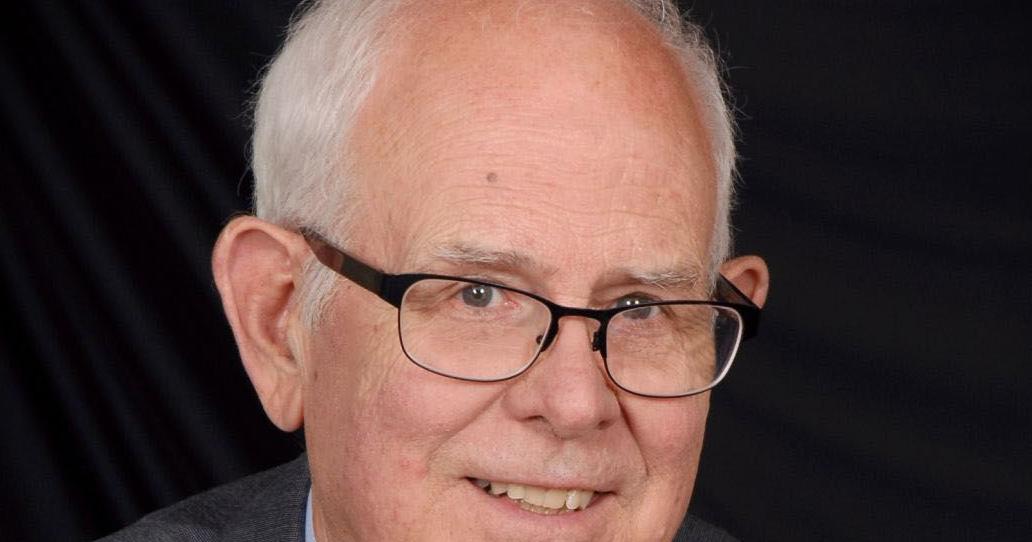Carolina Hurricanes fans recognize the name Aaron Ward. In addition to being a member of the Cane’s Stanley Cup Championship ice hockey team, he played for two other cup winners. But his glory days came to an abrupt halt. He lost his wife, job, reputation and most all his money due to gambling.
Ward’s story was compelling because our state just legalized sports betting. Ward’s addiction started small….a $5 bet here, $25 there, and not long after, $1,000. On at least one occasion a $50,000 wager. He didn’t have a problem, he boasted. He could control his gambling. But the truth was he couldn’t.
In the two months since sports betting became legal gamers waged more than $1.3 billion on NCAA basketball playoffs, the NBA, NHL, racing and other sporting events, according to the NC State Lottery Commission. $1.129 billion was paid out in winnings, however betters lost more than $105 million.
People are also reading…
Michelle Malkin, director of the Gambling Research and Policy Initiative, at East Carolina University, says she has yet to see a state fully prepare for the potential impact of gambling. The ECU initiative has been obtaining data from 3,000 students in community colleges and universities across the state. Preliminary results indicate that 60 percent of students believe gambling will be at least a minor issue on their campus. “However, education concerning gambling behavior and risk and screening for gambling risk are practically non-existent on college campuses and the vast majority of students (over 97 percent) do not know if there is a gambling behavior policy on their campus,” Malkin said.
Data from 1,661 students from 12 University of North Carolina System campuses show that 58 percent of those polled had gambled over the past year. Thirteen percent of those respondents reported gambling at least monthly.
Prior to the initiation of sports betting North Carolina had a 5.5 percent rate of problem gambling, which was about the national average. It is impossible to estimate how much that will increase, but you can bet the farm (maybe not the best metaphor) that is going to rise.
Malkin commented on the two-month results. “I’m not surprised at all with what’s happened with people being amazed at the number of advertisements, especially on radio and television. I anticipated that would happen. Everybody has been talking about the bonuses, how easy it is to think, ‘I can deposit $10 and get $250 in bonuses.’ It sounds really attractive.
“The problem is, if you’re not educated in gambling, and the mind isn’t fully formed in young adults, it sounds more attractive than it should. Someone who gets an early win in the first few months, we’re particularly concerned that if they don’t know how to set limits, they’ll chase the high of that win.”
And while our state receives 18 percent of what is wagered, not enough is set aside to assist those who become addicted to gambling. The law authorizing the betting provides an annual appropriation of $2 million to the NC Problem Gambling Program, however none of that inadequate funding will be received until the new fiscal year begins on July 1.
It would be tempting to wax poetic about the decline of morals in our society and even to speculate how much longer it might be before North Carolina totally opens Pandora’s box to allow widespread casinos, para mutuel horse and dog tracks, cock fights and any other imaginable ways people can wage money.
Many retort that the gambling is already taking place, whether we like it or not. They say that at the least North Carolina should attempt to regulate it (good luck with that) and receive some revenue into state coffers from it.
Here’s my spin: We already have enough temptations and threats in our society. I’m unsure what benefits are to be gained from gambling. Whether with slots, table games or any other device of gambling it is a sure bet that the house always wins. And, like smoking, drugs, pornography or alcohol, there is too often heartbreak and wreckage resulting from those addicted. Some who incurred the $105 million could afford the loss, but too many spent funds needed to feed their families or pay bills on the “get rich quick” temptations.
If North Carolina is to be involved in gambling, the least we can do is to generously fund treatment programs to help those who we (the state) directly or indirectly lured into the addiction. $2 million is laughably insufficient.
If someone you know falls prey to the gambling addiction, please do all in your power to convince them to get help.
Aaron Ward was one of the lucky ones. He paid a huge price for his gambling, but enough people who cared about him finally convinced him to seek counseling. He will be the first to tell you it changed his life for the better.
Tom Campbell is a Hall of Fame North Carolina broadcaster and columnist who has covered North Carolina public policy issues since 1965. Contact him at tomcamp@carolinabroadcasting.com.

